Judge affirms vital Apple touchscreen patent in case against Motorola
Patent expert Florian Mueller of Foss Patents reported on Saturday that the order is for a touchscreen heuristics patent ('949), one of the "killer patents" that Apple is leveraging in an attempt to get a legal "hole in one" against its competitors.
Thus far, Apple has won a handful of legal victories on minor patents, but the '949 patent has "the best prospects of singlehandedly securing victory for Apple," according to Mueller. Both Motorola and Samsung will offer their defenses against it at trials in June.
The patent in question outlines Apple's work on interpreting human touchscreen input by accounting for inherent imprecision. For instance, since users don't draw perfectly straight lines, touchscreen devices need a level of tolerance to understand the input accurately.
Judge Posner responded on Thursday to supplemental claim construction briefs related to the patent from both Apple and Motorola. Mueller interpreted the order to be "a clear win for Apple over Motorola (and Android in general)." Though he did note that jury trials come with "considerable uncertainty," he viewed Posner's conclusions as making it "realistically" unavoidable for Motorola to avoid a finding of infringement.
"Motorola…will have to come up with some really good invalidity arguments if it wants to avoid a disaster," Mueller wrote, adding that the company will at least have an opportunity to appeal any decision to the Federal Circuit.
The report went on to examine which gestures Posner had found valid. The judge sided with Apple on its methods for interpreting vertical and diagonal or horizontal and diagonal swipes. He found that the patent hadn't clearly described the difference between horizontal scrolling and swiping, while upholding a claim to tapping on the margin of a screen as a gesture to move to the next item. Posner also upheld Apple's claims for scrolling within a section of a display using additional fingers, but he did not affirm a second claim to a distinction on whether the gesture occurred within the region.
Mueller viewed Posner as having "expressed some annoyance" at one of Motorola's arguments. The handset maker had argued that an example of a 27-degree angle in Apple's patent meant that the patent was only limited to that angle. After reading the patent, Mueller himself believes that the 27-degree angle is "clearly identified" as just an example.
"I reject Motorola's argument (this is the third time they've made it and the third time I reject it) that the structure must be limited to the 27-degree angle used as an example by the specification," Posner wrote.
Apple and Motorola have been locked in a complex legal dispute over their respective intellectual property rights since 2010. Both companies have recently won small victories in the form of injunctions (1, 2) against each other in Germany. Earlier this month, the ITC cleared Motorola of allegations that it had infringed on three of Apple's patents.
Even as the lawsuits between the two companies continue, Google is making plans to finalize its $12.5 billion purchase of Motorola. The European Commission and the U.S. Department of Justice have both approved the acquisition.
 Josh Ong
Josh Ong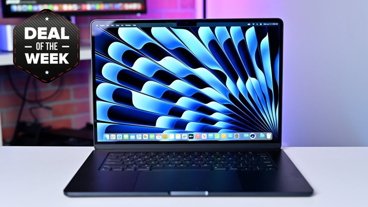
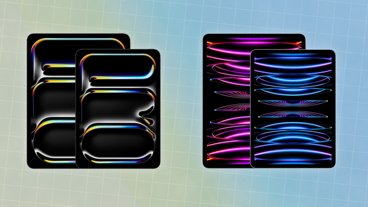
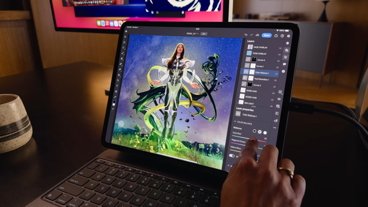
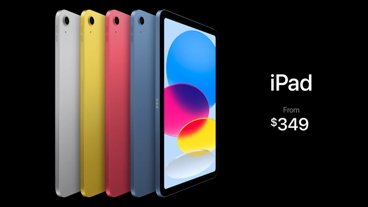







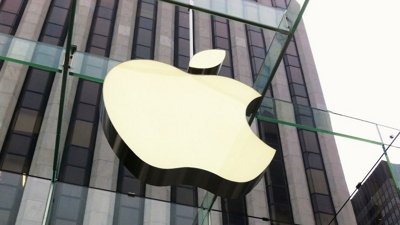
 Andrew Orr
Andrew Orr
 Amber Neely
Amber Neely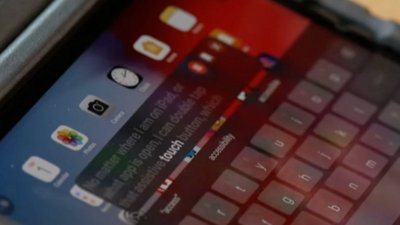
 William Gallagher
William Gallagher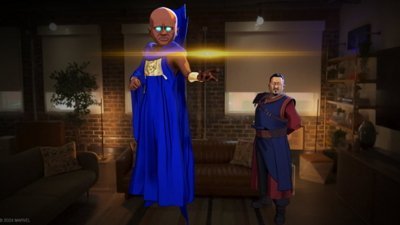
 Malcolm Owen
Malcolm Owen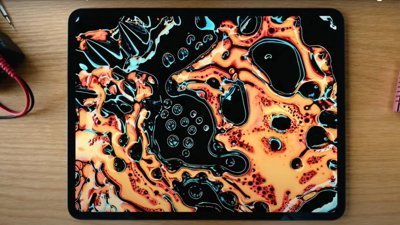
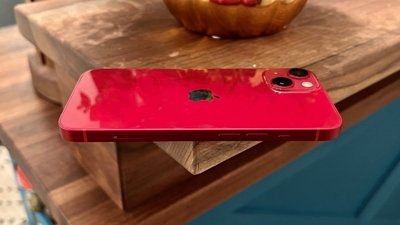
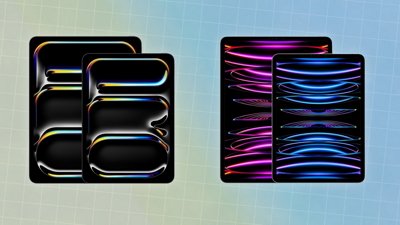
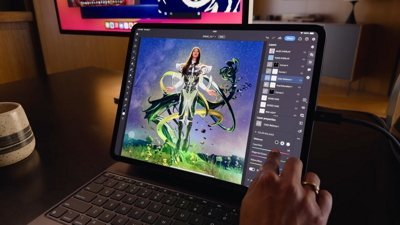
 Mike Wuerthele
Mike Wuerthele









166 Comments
Oh my goodness I wonder how much money and time was spent in finding something for Apple to retaliate against Motorola with. This is getting out of hand and is both disgusting and outright childish on both parties. Shame on both of you. I hope the judge throws this out of court, it's a ridiculous law suit and there is no reason for Apple to retaliate other then pride.
Stop it you two, I'm going to call your fathers.
Patent expert Florian Mueller of Foss Patents reported on Saturday
Judge Posner responded on Thursday to supplemental claim construction briefs related to the patent from both Apple and Motorola. Mueller interpreted the order to be "a clear win for Apple over Motorola (and Android in general)." Though he did note that jury trials come with "considerable uncertainty," he viewed Posner's conclusions as making it "realistically" unavoidable for Motorola to avoid a finding of infringement.
Mueller also wrote "I can't see that the ideas Apple came up with here -- and those are good ideas, for sure, but sooner or later others would have come up with them anyway -- should result in a monopoly until the year 2028 if this is meant to benefit the public", Going on to say "Apple argues that "if it turns out the claims are too broadly written and run afoul of the prior art, that is an issue that may be resolved at trial or via summary judgment", which is legally accurate, but the idea of interpreting gestures, which are inherently imprecise if made by a human being, by applying a certain degree of tolerance shouldn't be patentable regardless of who was first to come up with it. That's why I (Mueller) agreed with Motorola's request to declare the patent invalid for indefiniteness.
Mueller is of course not a Judge nor even a lawyer so Judge Posner would be the expert here.
Time to really crank it up Apple and more aggressively kick butt!
As to Mueller's comment - "Mueller also wrote "I can't see that the ideas Apple came up with here -- and those are good ideas, for sure, but sooner or later others would have come up with them anyway -- should result in a monopoly until the year 2028 if this is meant to benefit the public" - and why not? That is what the patent system is for. Whether it's for a cancer treatment medicine, or a touch screen, patents are designed to create temporary monopolies and to prevent others from copying your original ideas.
Oh my goodness I wonder how much money and time was spent in finding something for Apple to retaliate against Motorola with. This is getting out of hand and is both disgusting and outright childish on both parties. Shame on both of you. I hope the judge throws this out of court, it's a ridiculous law suit and there is no reason for Apple to retaliate other then pride.
Stop it you two, I'm going to call your fathers.
Thanks for trolling.
How about learning a little about patent law and the requirement that companies defend their patents or lose them, then come back (tail between legs) with an informed comment for everyone.
Thanks for trolling.
How about learning a little about patent law and the requirement that companies defend their patents or lose them, then come back (tail between legs) with an informed comment for everyone.
Companies don't have to defend their patents or lose them. You may have have confused the idea with Trademark law.